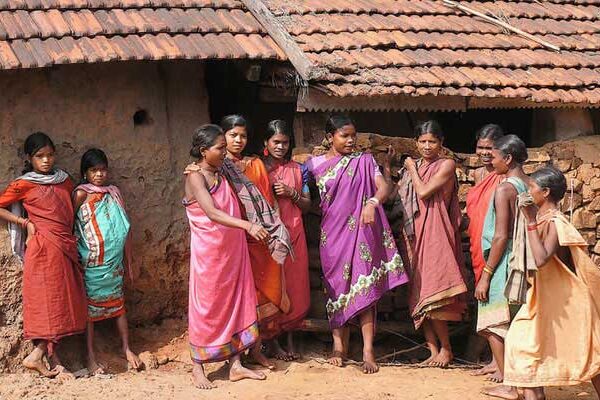India is grappling with a silent crisis in obstetric care, as the national average for Caesarean section (C-section) deliveries soars to 21.5%, more than double the World Health Organization’s optimal range of 10-15%. This alarming trend is most stark in states like Andhra Pradesh, where a staggering 56.62% of births are now surgical.
This escalation is driven by factors beyond medical necessity. While C-sections are lifesaving in emergencies, the high rates, particularly in private facilities, suggest systemic issues. Analysts point to institutional profit motives, with surgical deliveries often yielding higher revenue and scheduling convenience for hospitals and doctors. Even political leaders, like Andhra Pradesh Chief Minister N. Chandrababu Naidu, have publicly alleged that surgeries are being scheduled for auspicious “muhurat” times or convenience rather than clinical need. Furthermore, a culture of defensive medicine and the cascading effect of repeat surgeries contribute significantly.
The overuse of C-sections poses serious health risks, including increased chances of infection, longer recovery times, and complications in future pregnancies (like placenta accreta). Crucially, this medicalization undermines a woman’s autonomy and the physiological benefits of natural labor, potentially interfering with early maternal-infant bonding and breastfeeding.
To reclaim their reproductive health, women must be empowered. This begins with demanding unbiased, informed consent—understanding the risks and benefits of both surgical and vaginal birth. Advocating for a trial of labour and choosing birth-friendly facilities that prioritize natural delivery protocols and transparently report C-section rates (e.g., using the Robson classification) are critical steps.
The crisis in surgical birth is not merely a medical challenge; it is a profound issue of women’s rights and dignity. Structural change, coupled with the assertion of individual agency, is essential to ensure that the path to motherhood in India is guided by genuine health needs, not the scalpel of convenience or commerce.




